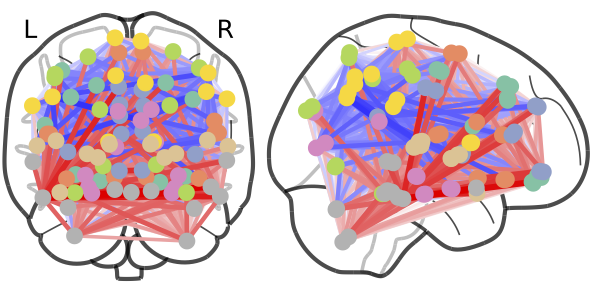
About
Along with ever-improving brain data acquisition techniques across species and modalities, the parallel trend towards open science means that the past few years have seen ever-increasing dataset sizes, from hundreds to thousands to tens of thousands of individuals. Coupled with rich behavioural, molecular, and clinical data, and increased availability of data from the rest of the body, this means that placing the brain within a context of complex systems and network science offers an appealing conceptual framework to modelling these elements and their interaction. Methodological developments in network science and increased understanding of brain structure and function in neuroscience have also influenced each other, enabling new discoveries in both fields.
This satellite will provide an opportunity for participants with diverse backgrounds to present cutting-edge research, discuss latest network findings and exchange ideas.
We gratefully acknowledge the financial support of Alliance Campus Rhodanien.
Call for Contributions
We invite contributions in all areas network neuroscience, including but not limited to
- Brain -omics networks
- Structural brain networks
- Functional brain networks
- Network theory, modeling and analysis
- Network communication and information flow
- Circuit dynamics
- Brain-behavior interactions
- Systems neuroscience
- Fundamental and clinical neuroscience applications
- Brain-body network science
- Classical and deep learning for brain networks
- Spatio-temporal brain network models
Please submit your abstract by the 3rd of April 2023, midnight Anywhere on Earth. Submissions should be in the format of a one-page pdf with one figure
Please note that as per the rules of the NetSci conference, you may not deliver the same oral presentation in this satellite as at the main conference. Posters, however, may be presented at the satellite and at the main conference if appropriate.
Communication of accepted submissions and invitations for oral “contributed talks” will be sent by April 21st.
Schedule
Network Neuroscience 2023 will be held in Vienna, Austria, as a satellite of the International School and Conference on Network Science (NetSci 2023).
The one-day satellite will take place on site on the 10th July, in Hörsaal HS1 of the University of Vienna, Universitätsring 1. Detailed travel information is available here.
The schedule is as follows (barring last-minute changes):
| Time | Event |
|---|---|
| 9:00-9:05 | Opening and welcome remarks |
| 9:05-10:30 | Session1: Temporal brain networks Invited talk: Ana P Millan - Epidemic spreading models of seizure propagation and epilepsy surgery Jodie Naim-Feil - Brain networks and temporal dynamics underlying cognition in schizophrenia Juliana Gonzalez-Astudillo - Time-varying dynamics in motor-related brain networks Loredana Bellantuono - Liquidity of gene co-expression patterns across age Vito Dichio - Exploration-exploitation paradigm for the C.elegans brain network growth Panel discussion |
| 10:30-11:00 | Coffee break + posters |
| 11:00-12:15 | Session 2: Network embeddings and representations Invited talk: Islem Rekik - Holistic Connectional Brain Templates: from learning to disease fingerprinting Vincent Bazinet - Predicting micro-structure from low-dimensional embeddings of brain networks Alberto Cacciola - The hyperbolic network geometry of the cerebellum Adam Gosztolai - Interpretable geometric representations of neural dynamics Panel discussion |
| 12:15-14:00 | Lunch break + posters |
| 14:00-15:30 | Session 3: Higher order interactions and networks Invited talk: Luca Faes - Information-theoretic assessment of complex dynamic interactions in brain and physiological networks Marta Morandini - Higher-order brain time series improve subject and age fingerprinting Leonardo Di Gaetano - Higher-order biomarkers for epilepsy surgery: an extended neighbourhood perspective of brain networks Fernando Santos - Emergence of high-order functional hubs in the human brain Charley Presigny - Dual characterization of multilayer brain networks in Alzheimer's disease Panel discussion |
| 15:30-16:00 | Coffee break + posters |
| 16:00-17:20 | Session 4: Network analysis and generation Invited talk: Stein Silva - Structural, functional and molecular neuroimaging as an assessment tool for coma patients Diego Candia-Rivera - Brain-heart network physiology: unraveling the interplay between brain organization and cardiac oscillations Rémy Ben Messaoud - Low-dimension network controllability in the human brain Billy Morris - Exploring the contribution of lineage and birth time towards connectome assembly using generative models Filip Milislav - A rewiring algorithm for generating strength sequence-preserving randomized null networks Panel discussion |
| 17:20-17:25 | Final remarks |
| 17:25-18:30 | Poster session |
Registration
Network Neuroscience is a satellite of the main NetSci conference. You can register for Network Neuroscience through the NetSci website - select "Satellites & School Only" if you only wish to attend Network Neuroscience and other satellites. Please not that the early registration deadline is the 1st of May, 2023
Register here
Speakers
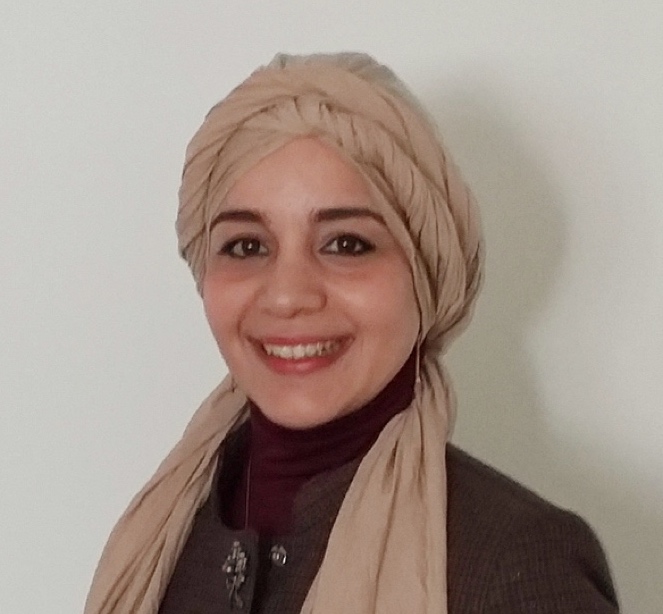
Islem Rekik
Assoc. ProfessorImperial College London (I-X)
Islem Rekik is the Director of the Brain And SIgnal Research and Analysis (BASIRA) laboratory (http://basira-lab.com/) and an Associate Professor at Imperial College London (Innovation Hub I-X). Together with BASIRA members, she conducted more than 85 cutting-edge research projects cross-pollinating AI and healthcare —with a sharp focus on brain imaging and neuroscience. She is also a co/chair/organizer of more than 20 international first-class conferences/workshops/competitions (e.g., Affordable AI 2021-22, Predictive AI 2018-2022, Machine Learning in Medical Imaging 2021-22, WILL competition 2021-22). In addition to her 130+ high-impact publications, she is a strong advocate of equity, inclusiveness and diversity in research. She is the former President of the Women in MICCAI (WiM) and the co-founder/President of the international RISE Network to Reinforce Inclusiveness & diverSity and Empower minority researchers in Low-Middle Income Countries (LMIC)
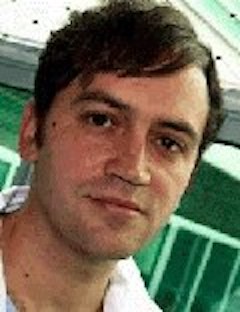
Stein Silva
ProfessorToulouse Neuroimaging Center, INSERM, Purpan University Hospital
Stein SILVA, MD, PhD is a physician scientist, Chairman of Intensive Care Medicine (University Teaching Hospital of Toulouse, France) and Senior Researcher of Neuroscience (ToNIC lab, INSERM 1214, Toulouse, France). He is currently leading a translational research group dedicated to the study of overt and covert residual cognitive abilities in acute and severe brain injured patients. The majority of his research projects aim to develop and validate robust and explainable predictive models for coma patient’s neurological prognostication based on multimodal neuroimaging (hdEEG, functional and structural MRI, PET scan), innovative computer vision and cutting-edge new AI methods. Therefore, he has been conducting unique research on this topic and has been PI of several national and international research projects. He is member of French nationwide and European Scientific Committees devoted to the study of coma. He is regularly invited as Visiting Professor to neurosciences research laboratories across Europe, US and South America. He is currently Coordinator of the Data Warehouse of the University Teaching Hospital of Toulouse (Toulouse, France).
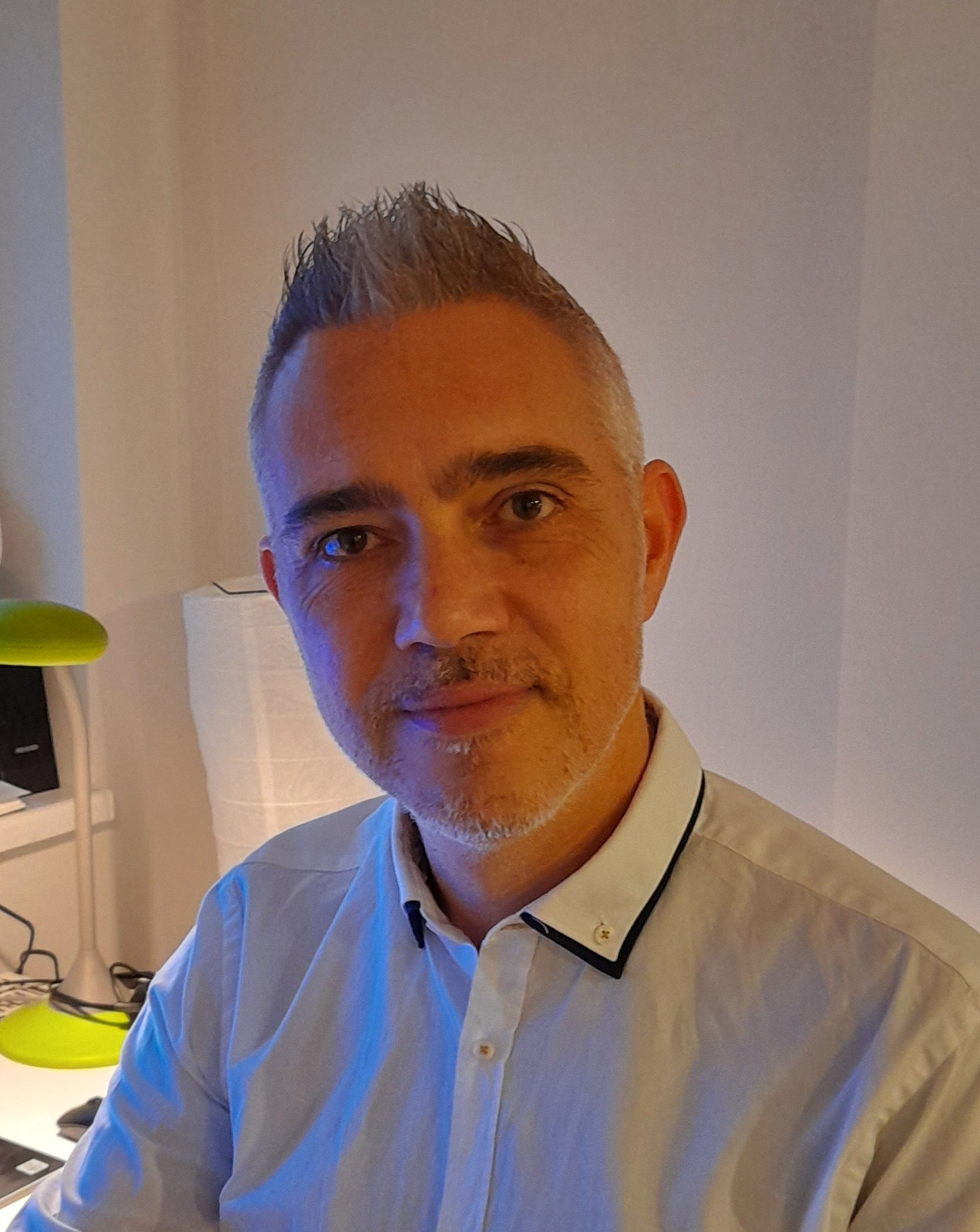
Luca Faes
Associate ProfessorUniversity of Palermo
Luca Faes is Professor of Biomedical Engineering at the University of Palermo, Italy, where he teaches courses on Statistical Analysis of Biomedical Signals, Biosensors and Biomedical Devices. He has previously been with the Department of Physics of the University of Trento, Italy, and visiting scientist at the State University of New York, Worcester Polytechnic Institute, University of Gent, University of Minas Gerais, and Boston University. Dr. Faes is Senior Member of the IEEE, member of the IEEE Engineering in Medicine and Biology Society (IEEE-EMBS) and of the Technical Committee of Biomedical Signal Processing, and member of the European Study Group on Cardiovascular Oscillations (ESGCO). He is Specialty Chief Editor for Frontiers in Network Physiology, and Associate Editor for IEEE Transactions on Biomedical Engineering and Entropy. His research focuses on multivariate time series analysis and information theory applied to cardiovascular neuroscience, brain connectivity, brain-heart interactions, and network physiology. Within these fields, he co-authored eight book chapters and more than ~250 peer-reviewed publications, receiving > 6000 citations (h-index: 46; font: Scholar).
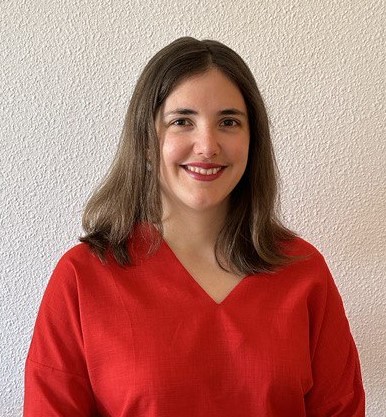
Ana P Millán
Ramón y Cajal fellowDep. Electromagnetism and Matter Physics, University of Granada & Institute of Advanced Studies, University of Amsterdam
Ana P. Millan is Ramón y Cajal postdoctoral fellow in the Department of Electromagnetism and Matter Physics, at University of Granada, and a research fellow at the Institute of Advanced Studies (IAS, University of Amsterdam). Her research focusses on the modelling and analysis of network dynamics applied to neuroscience. She was previously a postdoctoral researcher at Amsterdam University Medical Center where she co-developed a computational tool named ESSES (Epidemic Spreading Seizure and Epilepsy Surgery model) to simulate epilepsy surgery in silico and aid surgical planning in a patient-by-patient manner. She has studied emergent synchronization on complex networks, with a focus on the role of the network geometry and or high-order coupling.
Organizers and Programme Committee
Organizers
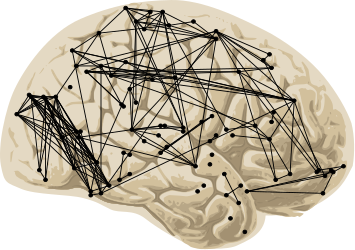
Jonas Richiardi
Lausanne University Hospital and University of Lausanne

Sophie Achard
CNRS, Univ. Grenoble Alpes
Programme Committee

Olaf Sporns
Indiana University

Emma Towlson
University of Calgary

Daniele Marinazzo
University of Ghent

Fabrizio de Vico Fallani
Paris Brain Spine Institute
Contact
You can contact the organizers with any enquiries and/or expressions of interest to get involved. We would love to hear from you!
Email:
Jonas dot Richiardi at chuv dot ch
Sophie dot Achard at univ dash grenoble dash alpes dot fr